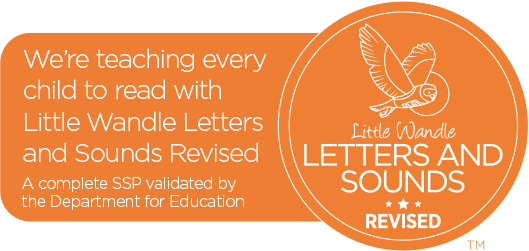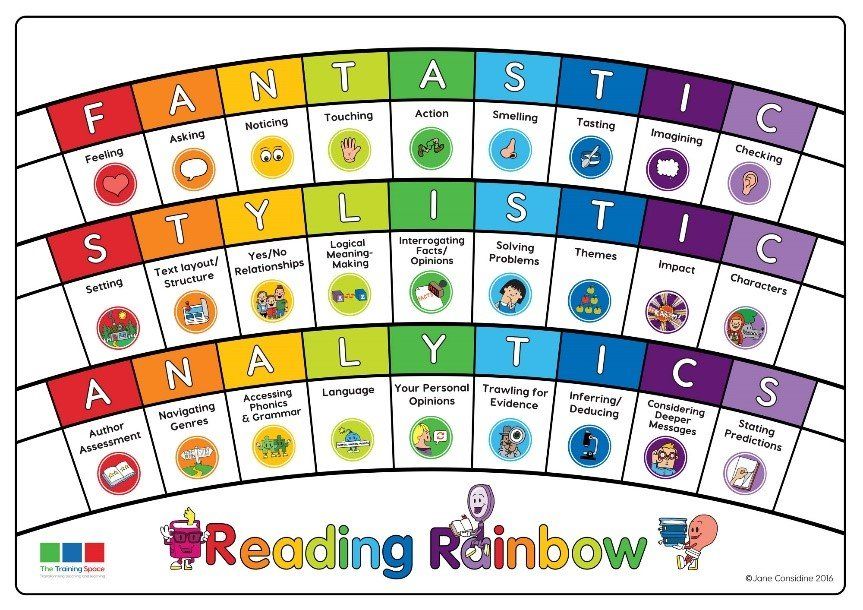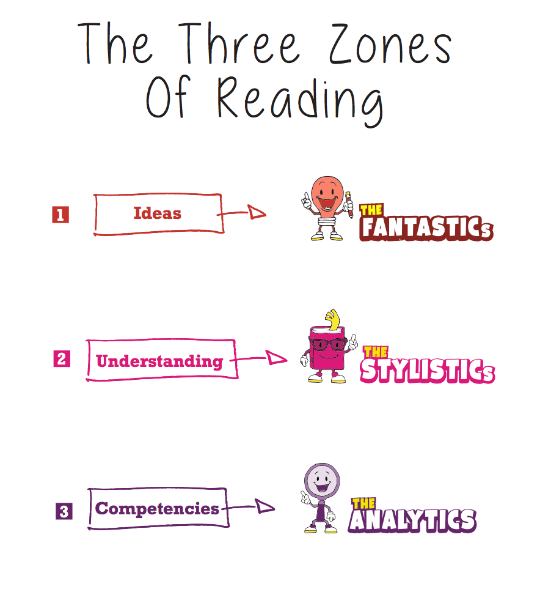
Slide title
Write your caption hereButton
Slide title
Write your caption hereButton
Slide title
Write your caption hereButton
Slide title
Write your caption hereButton
Literacy and Reading
Our English Curriculum
At St. Willibrord’s RC Primary School, we believe high quality Literacy and English teaching should underpin each child’s learning across all other areas of the curriculum and provide them with a firm foundation to be confident and competent lifelong learners. Through high quality English teaching, we strive for all children to improve their aptitude in the fundamentals of language such as being able to read, write and speak well with an expansive vocabulary. Our key priority is that we do everything within our power to ensure no child leaves our school without being able to read and write.
Through language investigations, problem solving, scrutinising texts, opportunities for self-editing and self-assessment and various other activities, we also aim to provide our children with a bank of transferable skills that are integral to any learner achieving across the breadth of the curriculum. Through studying high quality and engaging class texts, planning carefully designed learning journeys and providing opportunity challenging and imaginative writing tasks we want our Literacy curriculum to be creative, engaging, and purposeful.
Our Literacy curriculum in each Year Group can be found here
Reading across the school
Through our school, each child will go on their own reading journey and be given the vital skills and support necessary for them to achieve. From Early Years right through to Year 6, our children will be given the support and skills they need to be able to transition from the vital first step of learning to read so that they are then able to begin reading to learn.
For children to be good learners, they must first be good readers and our reading curriculum is designed to not only teach the skill of reading but to build a love of reading and language within every classroom. High quality reading texts are at the heart of every one of our Literacy units in order to engage and inspire our children and help them to gain a deeper understanding of the world around them.
See below for further details of our Reading Curriculum.
Phonics
At St Willibrord’s Primary School, children’s initial route into early reading is through the teaching of systematic, synthetic phonics. We are a member of Little Wandle Phonics and early reading throughout the school.
Children in Early Years Foundation Stage and Key Stage 1 follow the synthetic phonics approach, using the Letters and Sounds programme. It is an approach in which the children are taught about the relationship between letters (graphemes) and the sounds they make (phonemes) and how the 44 sounds in the English language can be combined to create different words. This provides the children with the foundation to be able to blend the sounds together in order to read the words and segment words into their sound parts to be able to spell them.
The sounds the children are taught are matched to their independent reading books which allows them to practise these skills at home and at school and over time ensure they become much more fluent word readers.
Please follow the link for information for parents, how to video's and a breakdown of the Phonics coverage:
Little Wandle - Letters and Sounds
There are also resources for parents to use at home with their children which can be found by clicking on the link here
Guided Reading
From Year 2 to Year 6, whilst still developing the children’s reading fluency, we also want to build their ability to be able to read to learn and find meaning in a variety of texts. To do this, we teach whole class Guided Reading sessions following the ‘Book Talk’ scheme provided by Jane Considine.
The Reading Rainbow provides our children with the vital skills they will need to be a confident and competent reader. We use questioning and discussion in class in order to deepen the children’s overall understanding of their differentiated texts and develop their independence with simple comprehension skills, studying the structure and layout of different genres and becoming ‘text detectives’ where they are able to find evidence from the text to back up their answers.
These lessons not only develop children’s reading and language skills but also require good communication, listening and teamwork skills as the different reading groups compete against each other to win points and become that week’s ‘Book Talk Champions’.
Better Reading Partners
For children in KS2 who struggle with their reading fluency, we use the Better Reading Partners to support them to reach the expected standard for their age. Through personalised focus sessions, our staff help to build children’s confidence with decoding words with greater speed and fluency.
Better Reading Partners helps children to keep pace with their age related expectations for fluency and allows them to then focus on improving their comprehension to become well rounded, independent readers.
Writing across our Curriculum
Our class writing units are centred around high quality texts. Covering both narrative and non-fiction writing genres, children are taught the key skills and language to be able to write for different purposes and audiences, with their independent writing being celebrated and displayed both in class and across the school.
As part of our Writing curriculum we follow the ‘The Write Stuff’ units by Jane Considine and we also give the children opportunities to do cross curricular writing, linking to their Science, Geography or History thematic work. We aspire for our children to see themselves as young writers and to excel through following the writing and editing process in order to produce narrative and non-fiction pieces that they are proud of.
Details of Writing in the Foundation Stage can be found here
Spelling and Grammar
Throughout Key Stages 1 and 2, the children are taught their age related expectations for Spelling Grammar. This provides the children with the foundations to be technically skilled writers and spellers and gives them the next steps in order to develop these areas further. Grammar and Spelling are naturally taught through our Literacy units, however we also hold discrete sessions in KS2 twice a week following the Headstart Grammar and Spelling programmes.
Tel: 0161 223 9345
Fax: 0161 220 9110
St Willibrord’s RC Primary School, Vale Street, Clayton, Manchester. M11 4WR
admin@st-willibrords.manchester.sch.uk
Privacy Policy
Contact Us
©St WIllibrord's Roman Catholic School
Website design by Kittle Visual Marketing



